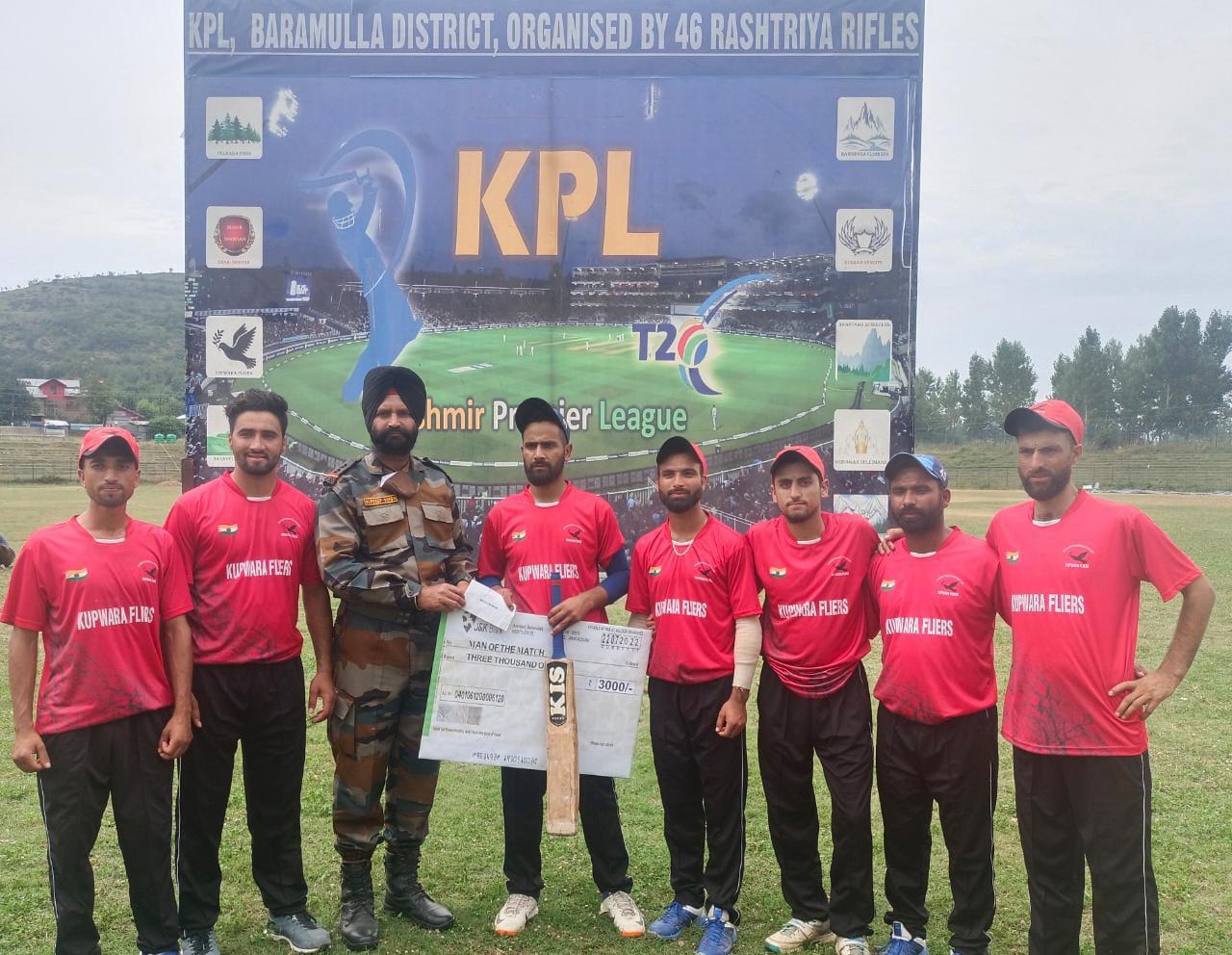NEW DELHI: The Union Education Ministry on Saturday released guidelines for parents and caregivers on how to provide support to children and facilitate their home-based learning at a time when schools are closed due to the COVID-19 pandemic.The guidelines emphasised the need for parents to create a safe, engaging and positive learning environment for children, have realistic expectations from them, take care of their health and ensure a healthy diet, and also have fun, a statement from the ministry said.In a tweet, Union Education Minister Ramesh Pokhriyal ”Nishank” said the ”Guidelines for parent participation in home-based learning during school closure and beyond” have been drafted “for parents and caregivers to provide information on the ”why”, ”what” and ”how-to” of participation in supporting children during school closure, irrespective of literacy levels”.”I strongly feel that a home is the first school and parents are the first teachers. In this pandemic, the role of parents is pivotal in the growth and learning of children,” he tweeted.These guidelines are meant not only for parents but also for caregivers, other family members, grandparents, community members and older siblings engaged in promoting the welfare of children.The activities suggested in the guidelines are in accordance with the various stages of school education under National Education Policy 2020, the statement by the ministry said.Age-appropriate art activities have been categorized on basis of 5+3+3+4 system such as Foundation Stage (age 3 to 8years); Preparatory Stage (age 8 to 11 years); Middle Stage (age 11 to 14 years); and secondary stage: From Adolescent to Adult (age 14-18 years).The activities are simple and suggestive, which can be adapted and adopted to local needs and contexts. The guidelines appreciate the role of art as a therapy for children under stress or trauma, the statement said.”They (guidelines) also lay significance on improving children”s learning by monitoring and addressing their learning gaps.”Collaboration of parents with teachers in documenting and reflecting on the progress of children in their learning is important for both teachers and parents, the statement by the Education Ministry said.The guidelines also advise schools to involve parents by providing information and ideas on helping students with homework and other curriculum-related activities, decisions, planning and involving them in school decisions, it said.Resources have been made available for children with special needs which may be explored by parents. A separate chapter has been included in the guidelines for supporting parents with low or no literacy. Schools, teachers and volunteers may take suggestive steps to provide support to parents who are not quite literate, the statement said.
EDITOR PICKS
POPULAR POSTS
ABOUT US
SACH News TM- voice of people of Jammu Kashmir. We are Publishing House of Sach Jammu(English Weekly). Sach News is one of the popular weekly newspaper of Jammu. We provide you Latest news on politics, sports, crime, education, real estate, business entertainment and much more.
Contact us: [email protected]
© Sach News 2014-2023 | Maintained by Webng.in





